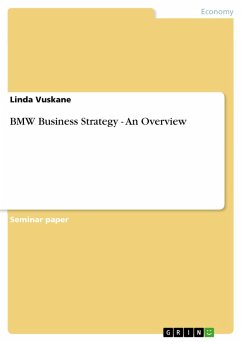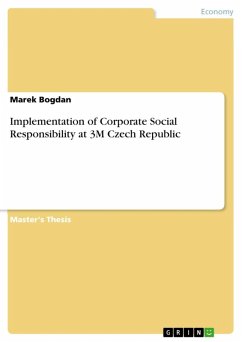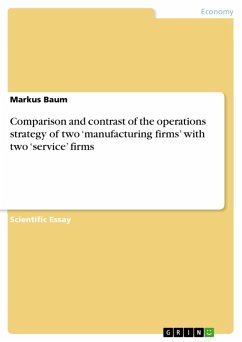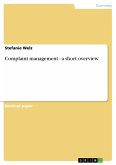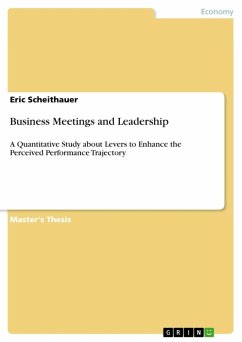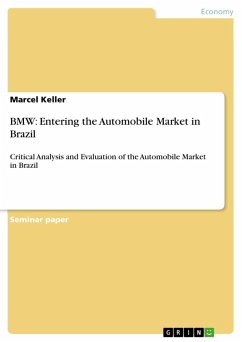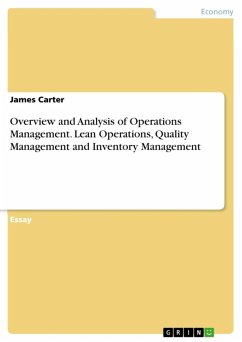Seminar paper from the year 2010 in the subject Business economics - Business Management, Corporate Governance, grade: 70%, Glyndwr University, Wrexham known as NEWI, course: Strategic Business, language: English, abstract: BMW - the Bavarian based luxury car producer is seen as one of the most prestigious, stable and admired companies in the world. By 2008 the company sold 1.2 million automobiles under its largest brand - the BMW. In 2001 it very successfully launched the new Mini which is the only brand kept after the failed acquisition of the Rover group with sales rising to over 230 thousand in 2008. In 2003 Rolls Royce was added to BMW's portfolio and sold 1,212 units in 2008 - an increase of 53% compared to 2004 (BMW Annual Report 2008, pp6-7). The company has not only one of the strongest brands worldwide and exclusively high profit margins of 8 - 10% but since 2007 it has been the world's top seller in the premium class (Hawranek, 2008). In the last 50 years BMW has built a powerful brand image and distinctive competitive advantage. However, with rising fuel prices and climate change BMW will have to work hard to develop an environmentally-friendly car that still supports the values that the company has been standing for. Despite the fact that recent recession has hit hard the luxury market BMW considers itself in fundamentally good shape as it began preparing for a downturn in early 2008 (Ewing, 2009). However, there are no reliable predictions on how long the crises will last and how the automobile industry will develop in the future but the direction BMW has to work to is certainly clear - to a greener, more environmentally-friendly Beemer.
Dieser Download kann aus rechtlichen Gründen nur mit Rechnungsadresse in A, B, BG, CY, CZ, D, DK, EW, E, FIN, F, GR, HR, H, IRL, I, LT, L, LR, M, NL, PL, P, R, S, SLO, SK ausgeliefert werden.

